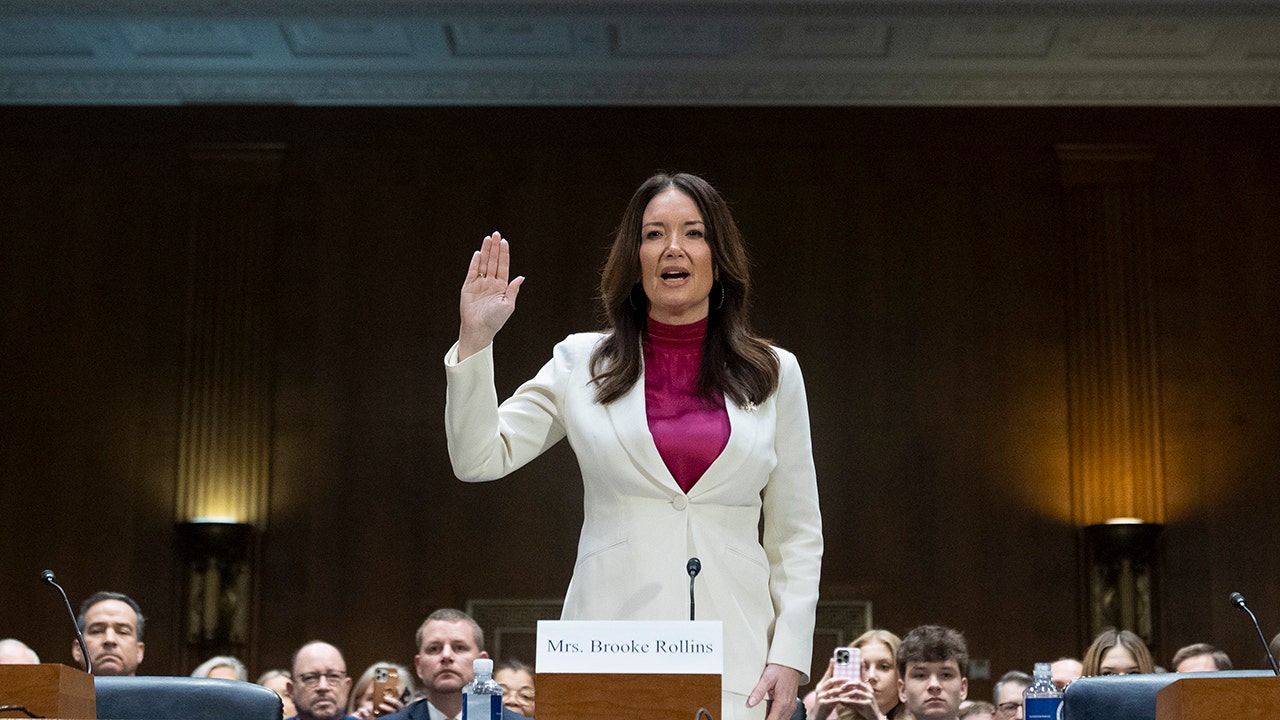Britons could get their Covid vaccine in the form of a pill in the future, according to the lead scientist behind Oxford University’s jab.
Professor Sarah Gilbert told MPs today her team were focusing their efforts on new, injection-free ways to deliver the vaccine and stimulate a better immune response.
The group are exploring delivering the jab using nasal sprays, in the same way the flu jab is given to children, or in tablet form, used in polio vaccination.
Not only would it be great news for people who have a fear of needles, it could help alleviate supply issues that have hindered rollouts internationally.
Professor Gilbert said using pills or nasal sprays may better target immune cells in the lungs, throat and nose, making them even more effective.
She told the House of Commons Science and Technology Committee: ‘As you know all the vaccines have been given at the moment as intramuscular injections.
‘That is not necessarily the best way to provide protection against a respiratory virus infection, where we want the immune system to be active in the upper respiratory tract and then in the lower respiratory tract, which is where the virus is causing the infection.
‘We have flu vaccines that are given by nasal spray and this could be a very good approach in the future to use vaccines against coronaviruses.
‘It’s also possible to consider oral vaccination where you take a tablet, that will give you that immunisation, and that would have a lot of benefits for vaccine rollout if you didn’t have to use the needles and syringes.’
The coronavirus vaccine could be taken as a pill in the future, according to the lead scientist behind Oxford University’s jab
Professor Sarah Gilbert told MPs today her team were focusing their efforts on new ways to deliver the vaccine and stimulate a better immune response
The group are also exploring delivering the jab using a nasal spray, in the same way the flu jab is given to children
She added: ‘Both of those approaches which we are beginning to assess, they will take time to develop, they will have to be tested for safety and then for efficacy as well.
‘The immune responses that will be generated by both of those approaches will be a little bit different to what we get from an intramuscular injection, but they have potentially large advantages.
‘And so that’s where we’re going to be focusing our attention on working out if we could use different delivery routes in the future for these vaccines.’
Last month, trials run by a British biotech company found oral Covid vaccines given to monkeys were highly effective in immunising them.
Sussex-based IoBio and California’s ImmunityBio are applying for regulatory approval to run tests in Britain as clinical trials of the pill began on Americans in January.
And a nasal spray Covid vaccine is currently being trialled on dozens of Brits. New York-based Codagenix launched human studies of its experimental vaccine, COVI-VAC, in London in the first week of January.
The UK Medicines and Healthcare Products Regulatory Agency (MHRA) green-lit the trials after positive safety data in animal studies.
Meanwhile, Britain’s vaccine minister earlier this month raised the prospect of Covid vaccines eventually being administered orally.
Speaking to Times Radio, Nadhim Zahawi said: ‘There are technologies with pills and others being developed around the world and we will continue to look at those.
‘But we’re making sure the UK will always have the capability and capacity to manufacture the variant vaccines that will deal with any variant virus.’
Meanwhile, Professor Gilbert also told MPs today it’s unlikely a new variant will completely undo the current Covid vaccines.
Professor Gilbert said there were good signs that coronavirus variants will not suddenly start escaping from the effectiveness of vaccines.
‘Certainly what we’re seeing at the moment is a reduction in efficacy against variants rather than falling off a cliff edge,’ she said.
‘We have to remember that for the virus to mutate to evade the immune responses being induced by the vaccination, it may have to take a penalty.
‘It may become a virus that doesn’t function quite as well as the original virus did, and that will prevent new variants which may escape the immune response by the vaccine, they may actually not spread so well.’
She said that anything could happen as ‘viruses are infinitely able to mutate’ but ‘currently I think the signs are good that we won’t see a sudden escape from the vaccine with a virus that is very well able to circulate’.
Professor Gilbert said a decision on whether an autumn vaccination campaign would be needed would be made over the summer.
Oxford is running clinical trials from the early summer with batches of a new vaccine aimed at tackling variants.
She said: ‘I think we need to make a decision over the summer, we will start to get data from the clinical trials on the immune responses to the variant vaccine, both against the virus variant and against the original virus, and we will then be able to monitor the situation and decide what should be happening in the autumn.
‘Currently the plans are to be ready for an immunisation campaign in the autumn, so before going into the winter season we would have a new variant vaccine available if it turns out that is what’s going to be required.
‘If we see the emergence of a new strain very close to that date, it is going to be difficult to go through this whole process, because we do need to conduct a clinical study and get regulatory approval, in time to be vaccinated before the winter.’
She said it was therefore important to keep case numbers as low as possible to ‘prevent the risk of further variants arising’.
Dr Philip Dormitzer, vice president and chief scientific officer of viral vaccines at Pfizer, said his firm believes its vaccine will protect against the variants seen to date but that could only really be tested as vaccines are rolled out.
‘We think it is likely that the vaccine will protect against the variants that we have seen to date, but the way to be sure is of course the real world data because laboratory measures of immunity cannot be translated directly to known protection – that requires actually observing protection in the field,’ he said.
Professor Wendy Barclay, from Imperial College London said that, going forward, the Covid vaccine is likely to be rolled into the annual flu jab.
‘I think the most likely scenario is that a combination vaccine would be given going forward in the future, which would combine influenza, with an updated Sars-CoV-2, but that really is crystal ball gazing to an extent,’ she said.
‘I think the next year will really tell us much more about how the epidemiology of this new coronavirus will settle down and how quickly it might mutate and necessitate vaccine updates, and how long the immunity from the current vaccine that we’re going to roll out to a large proportion of the UK population will last, and therefore how necessary it will be to give boosters.’









